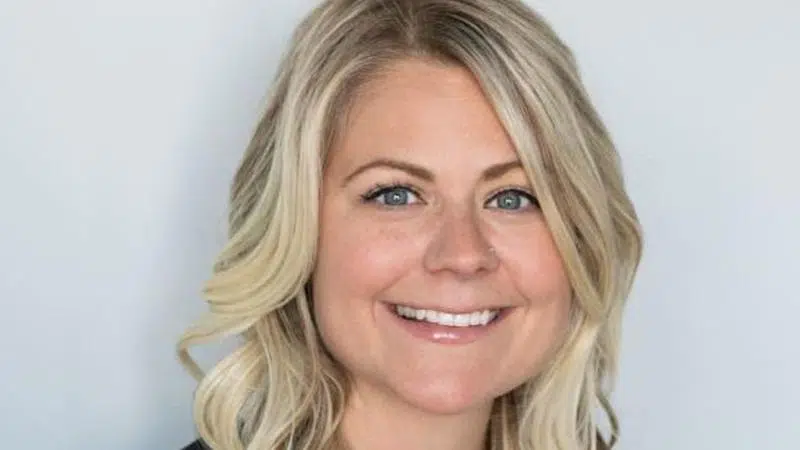
Why It’s a Good Idea to Set Savings Goals Together
O You may or may not be surprised to know that a lot of Canadians don’t talk to their significant other about money. Over one-third rarely or never discuss finances with their partner.
And yet, most couples have dreams that require saving. Perhaps it is an annual winter trip to a warmer climate or a larger home. They may want to cover post-secondary costs for their children or plan a secure retirement for themselves. If you have goals for yourself and your partner, talking about money and working towards your goals together is important.
Setting goals together matters
Think of financial goals as a path or roadmap to what you want to achieve. You need to have a plan to get where you want to go. Goals help you prepare for bumps in the road, plan for contingencies, develop realistic timelines and decrease risk and disappointment.


